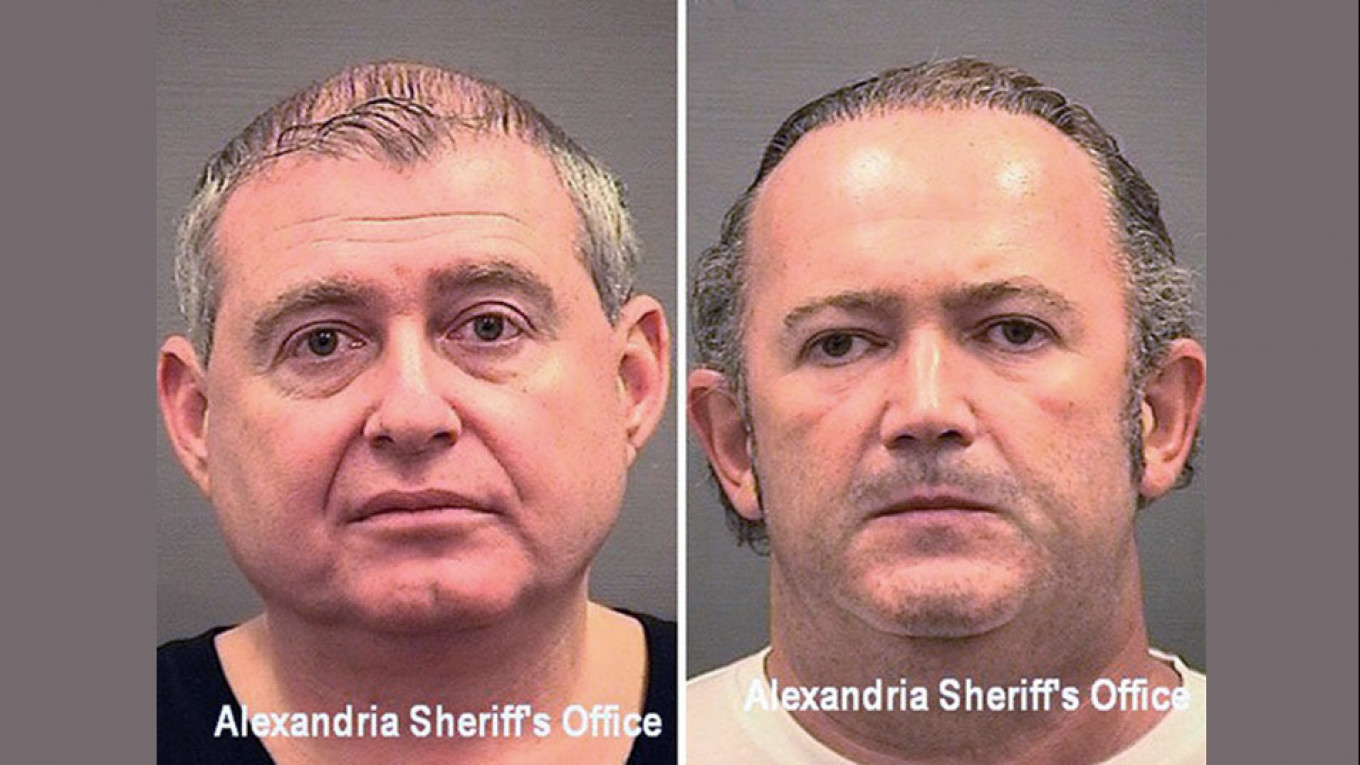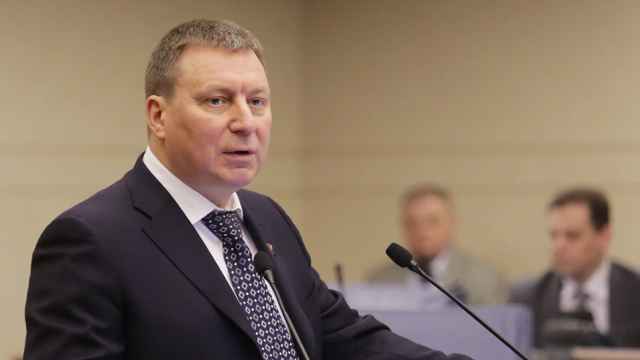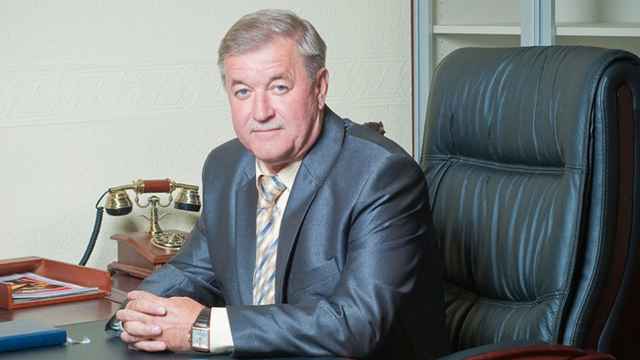Like those speedo-clad septuagenarians one can find sunning themselves on New York’s Brighton Beach, 1990s Russia is not dead, it is just now to be found in America. The arrests of Ukraine-born Lev Parnas and Belarus-born Igor Fruman as they sought to leave the country highlight a pervasive culture of corruption in the States.
Parnas and Fruman stand charged of a series of offences, but a central one is that they conspired to channel money to a pro-Trump election committee and other political candidates in ways designed to break and bypass campaign finance laws. They donated their own money, including $325,000 given to the pro-Trump America First Action political action committee, through a front company called Global Energy Producers. They also helped funnel contributions to various political candidates from third parties, including a reported $1 million from an as-yet unidentified Russian businessman.
As if this story were not juicy enough, Rudy Giuliani, Donald Trump’s lawyer and attack dog of the day, credited both men with helping his investigation into the activities of Hunter Biden, son of Democrat party front-runner Joe Biden, in Ukraine. Trump himself has asserted that he didn’t know “these gentlemen,” although he was photographed with them at a fundraiser, and his son later met them at a breakfast meeting.
An American story
For some, this will inevitably spin as further proof of some phenomenally complex Russian influence operation, a spiderweb linking together campaign contributions, agents of influence, hacks and leaks, intelligence operations and who knows what else in a fractal design of devious intent.
To be sure, Moscow seeks to influence Washington — who doesn’t? And Russia goes beyond the usual influence methods of diplomatic demarches and full-page adverts in the Washington Post, but then again this is not exactly unique to them.
The point is rather than today’s U.S. seems especially, eagerly, indecently open to shenanigans of every kind.
It is not enough for there to be dodgy foreign businesspeople eager to pay money to ensure favorable commercial climates, or disinformation-peddlers keen to lie and spin for a price. There have to be people willing to take the cash and fund the lies.
There are cases where the Kremlin involved itself directly, most notably the DNC files hack-and-leak. In the vast majority of alleged ‘Russian interference’ cases, it was rather that individuals saw an opportunity for themselves — and Americans keen to help. Or else it was Americans looked for them, hoping they could help in their own commercial or political campaigns.
Thus, the Hunter Biden story is not primarily a Ukrainian one — at best it was an example of a tainted company trying to buy itself back a degree of legitimacy by associating itself with a big name — but one of a U.S. president hoping to outsource blacking his rival’s name.
Likewise, if Parnas and Fruman were channeling money illegally into various political campaigns (and that still has to be proven in court), it appears this was primarily for commercial purposes, notably looking for concessions to the medical marijuana business. More to the point, no one was forcing the campaigns to take their money.
1990s po-Amerikanskii
Corruption in American politics — in financial, political, even moral terms — is not something exported by Russia, it is proudly home-grown.
The Russian 1990s was a decade of chaos and uncertainty, get-rich-quick for a very few, get-poor-suddenly for most. The gap between rich and poor widened dramatically, historic buildings were knocked down to make way for glitzy shopping malls, the banking system was an institutionalized money laundry, and political decisions and figures were bought and rented by the emerging oligarch class.
Of course, today’s U.S. is not the same. There are working institutions, rule of law, genuine political pluralism.
However, the values and assumptions of some public figures in the States, and especially associated with this White House, suggest they would have been quite at home in 1990s Russia.
Trump's failure to divest from his businesses (as he had promised) and his actions as president have meant that he has been associated with more than 2,300 conflicts of interest just three years, according to Citizens for Responsibility and Ethics in Washington.
Almost a third of his time in office, Trump has stayed at one of his own properties — at taxpayer’s expense.
Ivanka Trump and her husband Jared Kushner have reportedly earned at least $82 million in outside income while working at the White House. Meanwhile, on both sides of the political aisle, debate appears to be being drowned out by a cacophony of leak, innuendo and conspiracy theory, often driven by powerful financial interests.
This is not just a tragedy for America today, it is a warning for tomorrow. The backlash at the end of the 1990s empowered Vladimir Putin, the turn towards statism, and an anger at a world which seemed happy to see Russia devour itself.
In the USA, it could mean a renewed drive for probity in public office, transparent financial flows and unicorns for all. But it could turbocharge the very anti-establishment anger that Trump himself harnessed. It almost certainly will leave the country’s claims to being a model of freedom for the world looking distinctly risible.
A Message from The Moscow Times:
Dear readers,
We are facing unprecedented challenges. Russia's Prosecutor General's Office has designated The Moscow Times as an "undesirable" organization, criminalizing our work and putting our staff at risk of prosecution. This follows our earlier unjust labeling as a "foreign agent."
These actions are direct attempts to silence independent journalism in Russia. The authorities claim our work "discredits the decisions of the Russian leadership." We see things differently: we strive to provide accurate, unbiased reporting on Russia.
We, the journalists of The Moscow Times, refuse to be silenced. But to continue our work, we need your help.
Your support, no matter how small, makes a world of difference. If you can, please support us monthly starting from just $2. It's quick to set up, and every contribution makes a significant impact.
By supporting The Moscow Times, you're defending open, independent journalism in the face of repression. Thank you for standing with us.
Remind me later.








